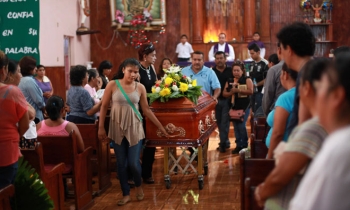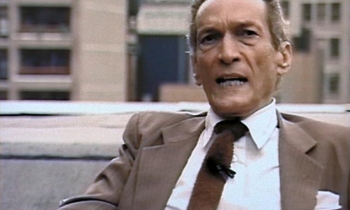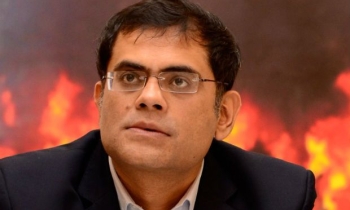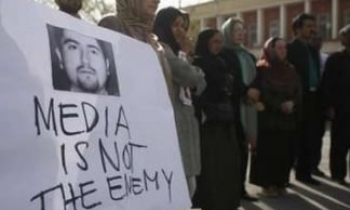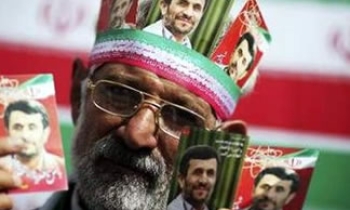The forefront of a marched staged by journalists and multiple representatives of the civil society, including university students, to advocate freedom of expression and demand resumption of the broadcasts of private television station RCTV, arrived in Quinta Crespo, downtown Caracas, after 1:30 p.m.
While demonstrators chanted slogans and waved the Venezuelan flag, media members read out a communiqué on a scaffold located in Baralt Avenue.
A huge placard in black letters against a white background that read "freedom" was noticeable.
Journalist Yanitza León read out a manifesto for freedom of expression. "Today, June 27th, on the Journalist's Day, we are just patriots; we did not come with impositions, but to learn together from this experience."
"From now on, we expect to leave behind the story of polarization. On May 28th of this current year, a new opportunity for us started in order to take the same way, accept each other, no matter our differences. There are not two Venezuela's, as they intend to make us believe."
One month ago, before RCTV went off the air, 26 million Venezuelans were able to watch the oldest TV channel in the country; however, she noted, the right to choose was "grabbed."
Statements
When asked about the non-renewal of the broadcast license for private television station RCTV, which stopped transmissions last May 27, Zulia state governor and former presidential candidate Manuel Rosales said the "by closing RCTV the government scored into its own goal. President (Hugo Chávez) did not assess correctly the shutdown."
Rosales branded discontinuance of RCTV as another signal of Chávez' "authoritarian behavior."
Meanwhile, Baruta Municipality Mayor Henrique Capriles Radonski, said "the closure of RCTV" was not necessary.
On the Journalist's Day, Capriles added, "This was a day for commemoration, and it has become a day of protest."
The mobilization started at noon in Plaza Venezuela, north Caracas, and is scheduled to end outside the headquarters of RCTV, in Quinta Crespo, west Caracas.
Around 11:00 a.m. (local time), journalists, trade union and political leaders gathered outside the headquarters of the Journalists' Professional Association on Andrés Bello Avenue, and marched to Plaza Venezuela.
Before arriving in Plaza Venezuela, the demonstrators stopped outside the Apostolic Nunciature, where university student Nixon Moreno is waiting for political asylum.

